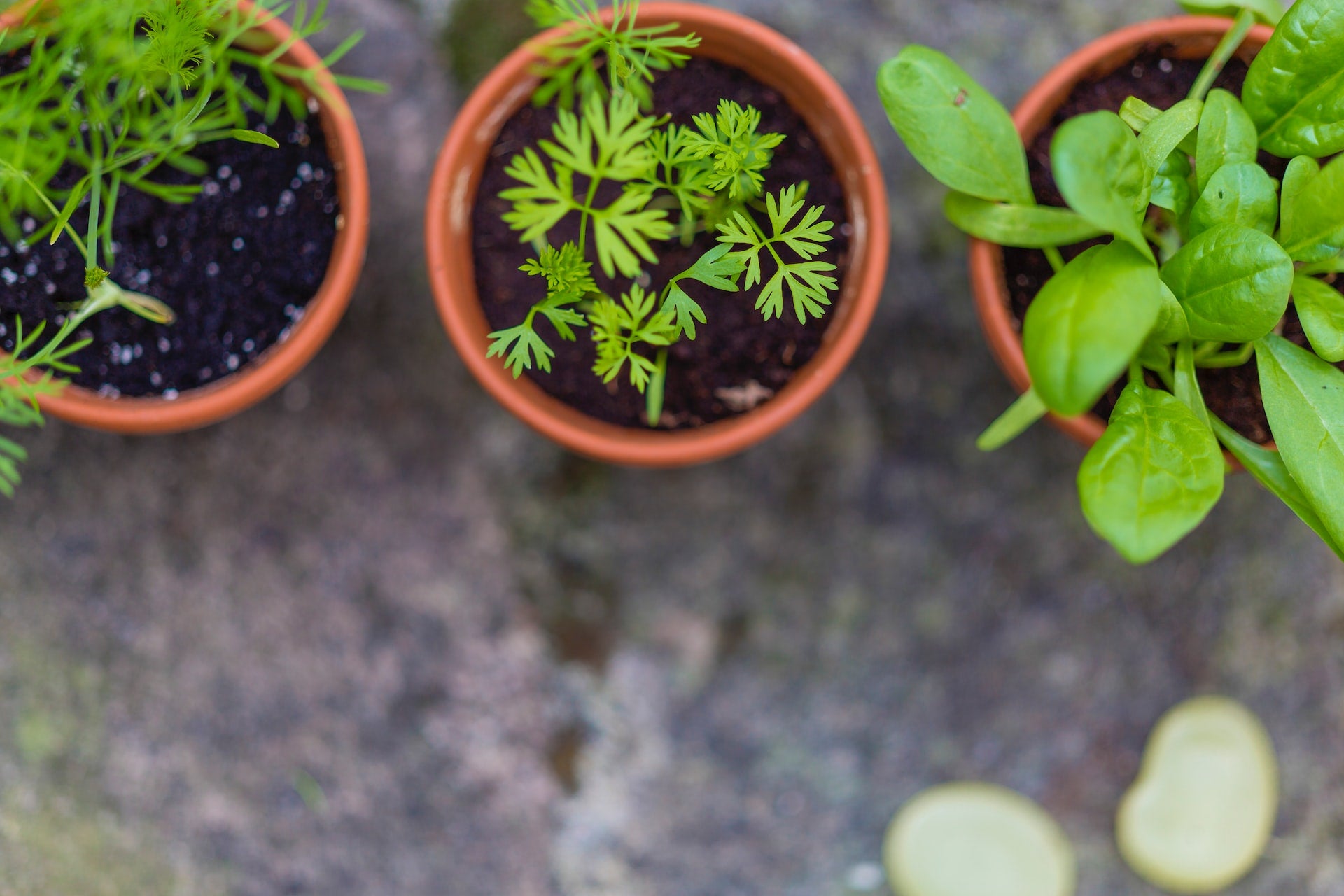Introduction
Imagine you're a plant. You need essential minerals to grow. Just like humans and other animals need water, air, and food to survive, plants need minerals to thrive.
Fortunately for gardeners everywhere, there are plenty of ways to give your plants the minerals they need. In this article, we'll explore how to use essential minerals for plant growth in your garden. We'll also take a look at some of the most common mineral deficiencies and how to remedy them.
Understanding Essential Minerals and Their Importance
Before you start gardening, it's important to understand essential minerals and their role in plant growth. These minerals are essential for the plant to uptake nutrients, photosynthesis and overall health. Without them, your plants will be stunted and may not produce flowers or fruit.
There are many different minerals that are essential for plants, but here are some of the most important ones:
- Nitrogen is essential for leaf growth and chlorophyll production.
- Phosphorus is necessary for root growth, flowering and fruiting.
- Potassium is crucial for overall plant health and disease resistance.
You can provide these essential minerals to your plants in a few ways: by adding them to the soil before planting, by fertilizing with a commercial product or by watering with a mineral solution. Whichever way you choose, make sure to follow the instructions carefully so you don't harm your plants.
The Different Types of Mineral Fertilizers and Their Uses
There are three main types of fertilizers: organic, inorganic, and synthetic. Organic fertilizers are made from plant or animal byproducts, inorganic fertilizers are manufactured from minerals and rocks, and synthetic fertilizers are made in a laboratory.
Each type of fertilizer has its own benefits and drawbacks. Organic fertilizers are slow-release, so they provide a steady stream of nutrients to the plant over time. Inorganic fertilizers, on the other hand, release all their nutrients at once, which can be too much for the plant and can damage it.
The best way to determine which fertilizer is right for your plants is to test them out and see what works best. You can also ask your local garden center for advice.
Benefits of Minerals Gardening
Minerals gardening can be extremely beneficial to the garden and help with the growth of the plants. Some of the benefits include better blooms, stronger stems and leaves, and larger fruits and vegetables.
In order to provide these benefits, it is important to use the right minerals in the correct way. There are a few different ways to do this, but one of the most popular is to add them to the soil. This can be done when planting new plants, or by amending the soil in existing gardens.
Another way to provide minerals to your plants is by using foliar feeding. This involves spraying a solution of minerals directly on the leaves of plants. The solution is usually made up of water and a small amount of soap or detergent to help the minerals adhere to the leaves.
Tips for Successful Minerals Gardening
You can maximize your chances of successful minerals gardening by following these helpful tips:
- Start simple. When it comes to your minerals, start small. You don't need to go out and buy every type of mineral right away. Start with the basics and work up from there.
- Research your needs. Research what kind of minerals plants in your area require, as this can vary greatly depending on the type of soil and climate.
- Test the soil. Before you even start adding minerals, it's a good idea to first test your soil so you know exactly what minerals are lacking in order for you to achieve optimal plant growth.
- Balance is key. Minerals alone won't do much for plant growth if there isn't an accompanying balance of elements like water, sunlight, and nutrients from organic materials like compost or manure. Make sure you have all the necessary components to build a thriving garden.
Conclusion
In short, using essential minerals is one way to help your plants grow and flourish. Not only do plants need essential minerals to grow, but they also help to improve the soil quality. By using essential minerals in your garden, you can help to make your soil richer, and in turn, help your plants to grow better.






